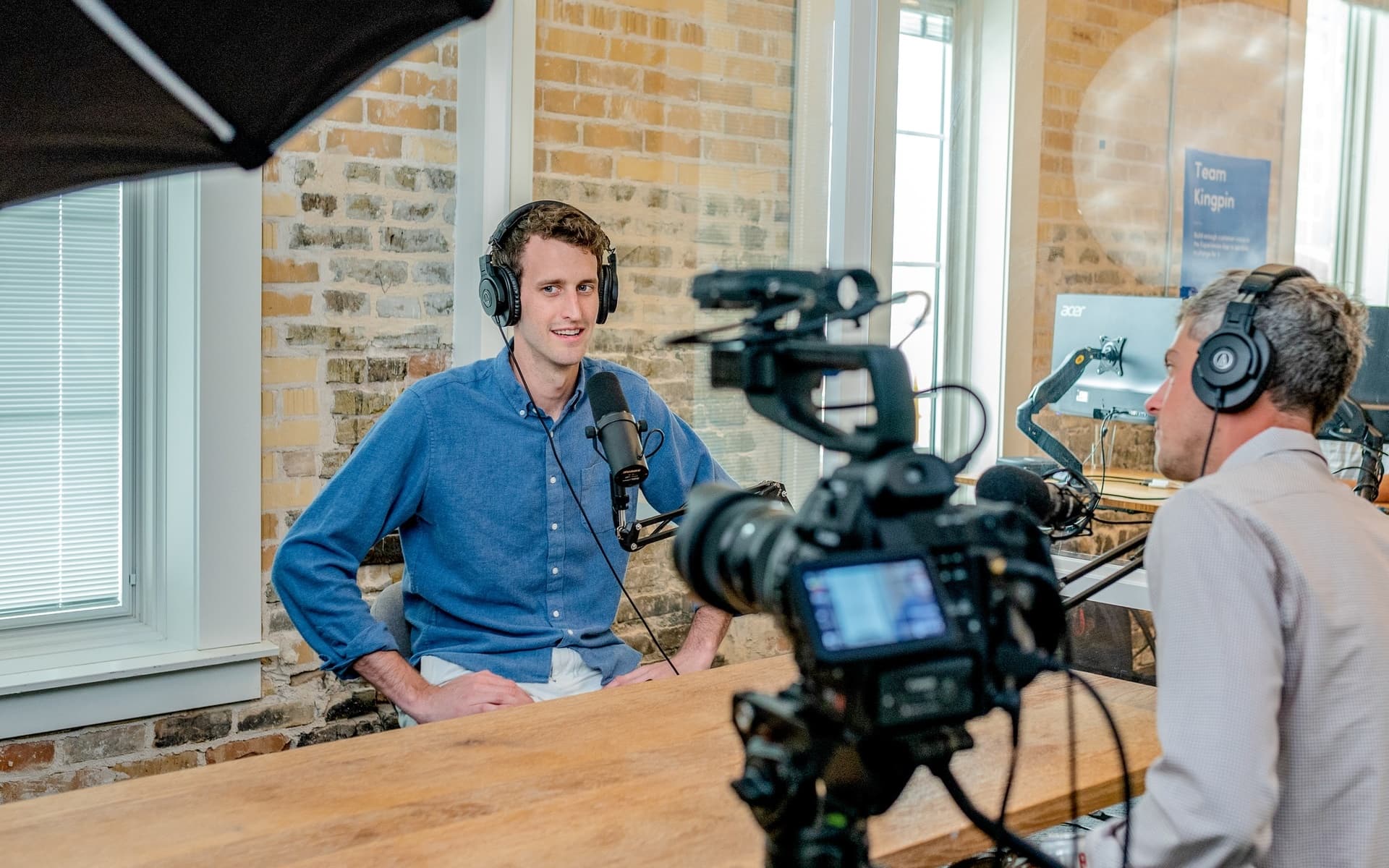SEO is essential for website traffic. But did you know that it applies to YouTube? Discover how to optimize your YouTube channel to rank higher and pull in more viewers.
Search engine optimization, or SEO, is essential for website traffic. But did you know that it applies to YouTube? Read on and discover how to optimize your YouTube channel to rank higher and pull in more viewers.
Does YouTube use SEO?
SEO is a process that helps content ‘rank’ higher in search engines. It’s organic, meaning it’s different from paid advertising or sponsored posts; you don’t just slap an SEO sticker on something and watch the views roll in.
SEO-friendly content ranks highly because it’s earned its place and is the kind of stuff that internet users want to view. If the content chimes with keywords and search terms that people are typing and then clicking, it’ll rank higher on search engines like Google.
Like Google, Bing, or any other search engine, YouTube relies on SEO to help drive the best bits to the top. While many content creators start by simply creating, it’s good practice to SEO-proof your channel to climb up the rankings.
While you concentrate on flexing your YouTube SEO muscle, it’s easy to forget the other things that make your videos stand out. Don’t let the music be one of them – Epidemic Sound’s library of 40,000 tracks and 90,000 sound effects has you covered.
How do I improve my YouTube SEO?
There’s a fair bulk of actions you can take to fortify your channel’s SEO-ness. Here are ten tips:
1: Double down on your keywords
Search engines use keywords to determine what viewers are looking for, so you’ve got to nail this and use a proper keyword explorer, like Ahrefs. Identify the best way to tackle your keywords while avoiding competition; for example, ‘Cooking’ will get you nowhere. It’s too broad, and there’s too much competition. On the other hand, ‘Cooking Starfruit’ is much more achievable and specific to your, um, starfruit-cooking content.
2: Rename your video file
This is a tiny fix, but your video file name should match the keywords. So, if your raw file is called ‘video-sequence-10.mp4’ or whatever, change it to ‘cooking-starfruit.mp4.’

3: Nail your video’s title
Ensure the title includes your keywords and is specific. Ideally, it should be under 60 characters if possible – no less than five words but no longer than a short sentence. Otherwise, it gets cut off and looks crummy.
4: Keep the description breezy
The description is helpful for YouTube’s algorithm – and viewers! – to understand your content. It’s vital for keywords and context, and you don’t need to use the full 1,000 characters on offer. The first 150 characters matter most, as that’s the block of text people see before expanding the window. From there, you can flesh it out with more keywords, info, and links to relevant content.
5: Get those search tags right
These are like your keywords, but for YouTube’s sake, rather than your viewers’. They help the algorithm make sense of your videos. To find YouTube search tags, you can use a keyword explorer such as TubeBuddy, which shows you how well search tags rank. As a rule, they should be robust and detailed, covering everything relevant to the video. The first tag matters most, so pop in your keywords as your first few tags, then broaden it out. However, if the tags aren’t relevant to the content, you might be penalized for it. So, if you’re not sure, leave it out.
6: Make that thumbnail sparkle, baby
This doesn’t directly affect your YouTube SEO ranking, but a good thumbnail means more clicks… which means a better ranking! The thumbnail should be relevant, engaging, and informative.
7: Reshuffle your YouTube Cards
They’re the most effective way of encouraging viewers to watch more content and subscribe, so ensure your YouTube cards link to related videos. That way, you’re creating an internal ecosystem that neatly ties your content together, making it easier to understand from a search engine perspective.
8: Playlist your content
While this doesn’t directly influence YouTube SEO, it shepherds viewers onto other pieces of content (similar to the YouTube Cards tip.) Grouping related videos together in playlists creates that same kind of ecosystem.

9: Pop in a video transcript
YouTube automatically generates transcripts, but unless you speak the Queen’s English, the results can be pretty inaccurate. It turns out that videos containing transcripts improve YouTube SEO ranking and pull in 16% more viewers than those that don’t, so hire a typewriting monkey or find some transcription software like Otter to do the grunt work.
10: Review, review, improve
Check how your videos perform. In particular, see how much of your content has been found through organic search – this means people have discovered you through the search functionality. If specific keywords keep cropping up relating to that search, consider updating your title, keywords, and description to better match that search terminology and rank even higher!
What is the best YouTube SEO tool?
There are loads of tools out there, but if you’re looking to nail the basics and get a good overview, then Ahrefs, Keyword Tool, and YTRank are all great. Also, don’t forget the power of Google; searching your keywords there and covering them in your description, title, and tags is something people often overlook.
Once you’ve got your head around optimizing for YouTube SEO, don’t forget to optimize for sound.

